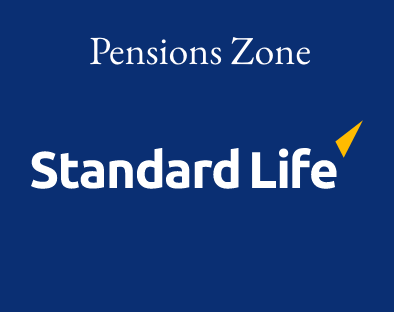How to meet the costs of long-term care is a concern rising up the priority table for the over 55s, as research shows councils across Great Britain have cut their level of funding over the past year.
A new report by Key, entitled ‘Tackling the Care Question’, found that more than a third (35%) of over-55s are more worried than ever before about how to meet the cost of care in the future, up from 21% a year ago.
According to the equity release specialist, just one in five (20%) over-55s have made some financial provision to pay for care if they need it and just 6% estimate that they are wealthy enough to fund their own care – less than half the number of people reported a year ago (13%). At the same time, the research showed the numbers who do not want to be a burden on families has risen to 46% this year from 35% in 2019.
Current costs for a residential care home place in the UK can range between £27,000 and £39,000 a year and between £35,000 and £55,000 a year if nursing is required.
Meanwhile, data collected by Key from councils across Great Britain suggest that between 2017/18 and 2018/19, there has been a 10% drop in the number of people for whom councils are providing full or partial care funding.
Will Hale, CEO, Key (pictured), said: “We know that councils are working hard to support local residents who need care but are facing tough financial challenges and may need to make difficult choices.
“At the same time as councils are under pressure, over-55s are waking up to the reality that they may well need to pay for all or some of their care in later life. This has created the perfect storm and it is vital that the Government focuses on setting out clear plans for reaching a cross-party consensus on social care and consider long-term reform and funding of the care system.”
According to the survey, around a third (29%) of over-55s now plan to use their homes to help them pay for care in the future, while 34% plan to use their savings and investments. Pension income was also cited as a popular source, with three in 10 (30%) planning to use this method. However, a quarter of people admitted they either don’t know how they would meet their care costs (15%) or wouldn’t be able to meet the costs (10%).
Hale said: “When you speak to people, you find that the vast majority are keen to receive care and support in the comfort of their own home but struggle to decide how they can meet these costs. With the recent economic turmoil, confidence in savings and pension income has fallen while more people are looking to the value tied up in bricks and mortar to finance care. Getting good advice and understanding what resources you have to draw on is important – and making sure you factor these potential costs into your retirement planning is vital.”
Jacqueline Berry, founder, My Care Consultant, said of the findings: “Too few people consider how they will pay for care and when they do reach a stage in life when they need additional support, they look for local government help and are often disappointed as they are not eligible due to their finances or because they only need relatively low level support.
“Sadly for many, this doesn’t add up and while many people would prefer to remain in their own homes as they age, this is not always feasible. Getting specialist advice before the need becomes acute and with sufficient time to plan is vital as that means that all avenues can be investigated and there is a higher chance that the older person can retain the type of independence they want.”
Berry said that the Covid-19 crisis had placed a spotlight on the “urgent need” for an overhaul of the system.
She added: “No government wants to take this on, but at least it looks like there may be some possibility of the funding of social care being brought back onto the agenda. Irrespective of what transpires from a political perspective, it is safe to say that the need for accurate and reliable ‘care’ and ‘paying for care’ advice has never been greater for those that need care now, and their families.”





























